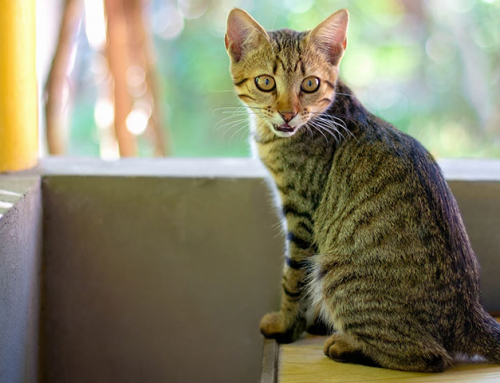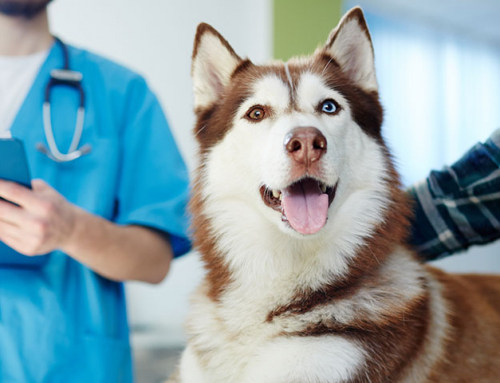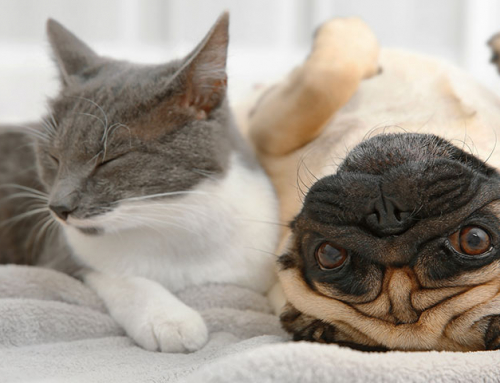A reader recently asked me what I thought of health insurance for pets. As the owner of a veterinary practice, I can tell you I have insurance out the wazoo, but I’m ambivalent about pet health insurance. I usually mention health insurance to new pet owners on their first exam. I do like it when my patients have health insurance, but I can’t tell who is the type to get insurance and who is not. Just as I don’t typically get the extended warranty when I buy an appliance, some folks would never consider health insurance on a pet. Today we will discuss the pros and cons of pet insurance.
The biggest obstacle is expense. On average you will pay $1.00-$3.00 per day for pet insurance. Breed of the pet will influence the premium! And of course, you can choose different levels of coverage with each plan. There are lots of companies that provide pet insurance, so you want to call multiple companies and compare their prices for your pet’s breed and age. My fear is that pet insurance plans can be so pricey that folks will get one then quit, only to have a situation after they discontinue the plan.
One option is to “self insure”. You could put $60 aside each month in a savings account for your pet. This sounds a lot easier than it is! Nonetheless, over the years I’ve had clients tell me they hadn’t brought their pet to a vet for 5 or 10 years. I’m not kidding. Some pets have managed to be fine without illness nor veterinary care for years. You can bet they’d likely be healthier and diseases would be caught earlier if they had been to a vet, but it can happen. If your pet stays healthy then someday you’ll have a nice nest egg. If disaster strikes, you have a bundle of money saved for Fluffy. Or, you might kick yourself that you didn’t get pet insurance.
Another issue with pet insurance is that all the companies exclude pre-existing conditions. So, if your pet is diagnosed with diabetes, you could get pet insurance, but it won’t cover anything related to the diabetes if the diagnosis was prior to the start of your policy and the usual waiting period. For this reason, it is best to get the insurance when your pet is young or upon adoption.
Now, if you are the sort to get pet health insurance, let me give you a few pointers and what insight I have as a veterinarian:
- Some plans cover wellness care and some only cover illness. Obviously this will affect the monthly premium. Some plans have a cap for each disease. Some plans have a lifetime cap. You need to read the fine print!
- What breed of pet do you have? Some breeds are prone to a particular disease. For example, westies and cocker spaniels tend to get allergies. Allergy care and meds can really add up! We manage allergies rather than cure allergies, so it can be a lifetime of meds. Doxies often have back issues. Short nosed breeds may have airway issues. If your kitty goes outdoors, it is more likely to have trauma than an indoor cat. You can expect these breed tendencies to affect the premium.
- You will nearly always need to pay your vet and then submit to the insurance company a copy of the vet bills with a diagnosis form, signed by your vet, before they reimburse you. Rarely will a vet authorize being paid directly from the insurance company. Vets have bills to pay, too. They want to be paid and let YOU be reimbursed after you pay them. Credit cards or Care Credit may get you through the cash flow if needed.
As a veterinarian I figure I can treat my pets at a lower cost than a client could, so I do not have health insurance for my own pets. Nonetheless, I know a vet with golden retrievers who purchased pet insurance for her pets. Her rationale was that if one of them blew a cruciate ligament she would need an orthopedic surgeon to repair it. It really comes down to your ability to financially cover a catastrophic event.
I bet if you now have a diabetic pet you wish you had gotten pet insurance for your sweetie before it was a pre-existing condition! Pet health insurance is a wonderful thing, but it is not inexpensive.
Have a question or comment? Post below or email me at joi.suttondvm@adwdiabetes.com. I always enjoy hearing from my readers!
NOTE: Consult your veterinarian first to make sure my recommendations fit your pets special health needs.







I didn’t believe in pet insurance until our kitty Sugar was diagnosed with mammary cancer and I found out how expensive specialty vet care is. When all was said and done we had spent $16,000 on her illness. Two months after Sugar was diagnosed we got pet insurance for our four cats including Sugar, at a cost $80 per month for all of them. It did not cover her mammary cancer, but it did cover Sugar’s lung cancer which was her final illness. Pet insurance enables us to go to any vet or specialty hospital without worrying about the cost, since they will pay regardless of where we go. Since getting pet insurance four years ago we have saved over $40,000 in vet bills. One cat alone has received over $20,000 in insurance reimbursement. So, I’m a believer now – the day I get a new pet I add him/her to the policy. I encourage anyone who can afford it to get it. BTW I run a non-profit that helps people with vet bills for critically ill pets and that is another reason I wish more people had pet insurance. There are so many who need help with critical illnesses and they cannot afford it. It is truly heartbreaking.
Such a great article! I came up with the same conclusion of putting away $60 dollars a month because I felt that it more fit my budget and if I didn’t use it the I could always buy something nice or save it for another pet!